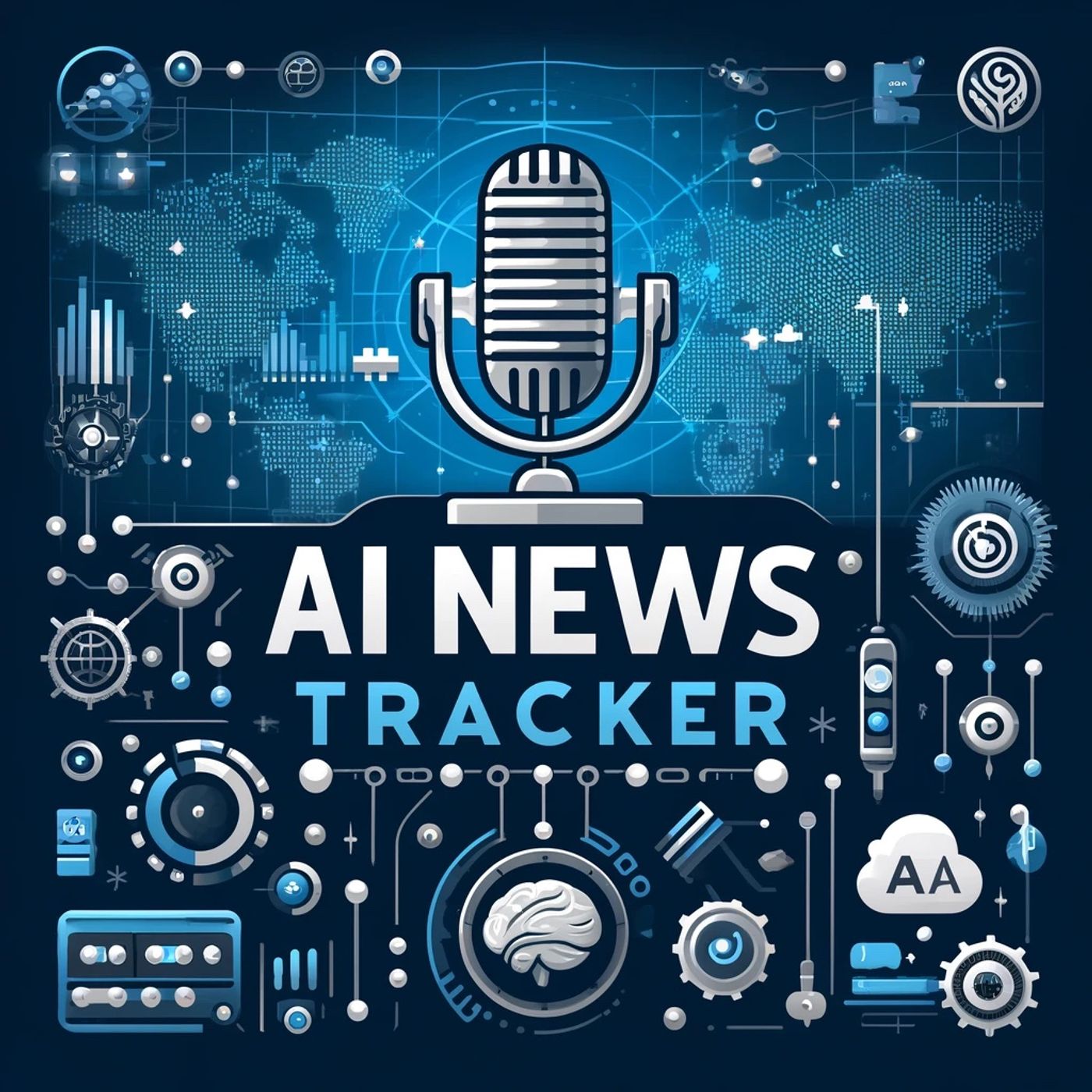Listen "AI Acceleration: Innovation, Regulation, and the Evolving Workforce"
Episode Synopsis
The AI industry has seen major developments in the past 48 hours, signaling acceleration in innovation, competition, and regulatory activity. Google and OpenAI unveiled significant AI product upgrades, with Google introducing its Gemma 3 AI model, notable for operating on a single GPU while handling complex tasks. This marks a push toward energy-efficient AI systems, a growing concern as AI demands increasingly strain global energy resources. Concurrently, OpenAI announced its latest open AI model, raising an additional $40 billion at a staggering valuation of $300 billion, highlighting investor confidence despite a competitive landscape[1][7].In a surprising turn, Meta's Vice President for AI Research, Joelle Pineau, announced her resignation, adding uncertainty to Meta's AI roadmap at a time when competition among tech giants is intensifying. This reflects how leadership shifts can reshape strategic priorities in a fast-evolving sector. Meta also plans to host its first LlamaCon conference this month, signaling continued commitment to open-source AI research[5].The regulatory landscape is also evolving. Spain proposed legislation to criminalize the misuse of AI-generated content, specifically targeting non-consensual creation of explicit images. This highlights global concerns over ethical AI usage and the need for stricter safeguards against harm[7]. In the U.S., Vice President J.D. Vance emphasized balancing innovation with regulatory oversight during an international AI summit, underscoring the geopolitical implications of AI development[3].From a labor market perspective, generative AI's role in job automation remains a critical issue. Analysts report a rapid rise in generative AI adoption, particularly in the U.S. and India, with industries like IT and finance seeing substantial productivity gains. However, concerns persist over job displacement, as exemplified by Wayfair's recent decision to cut 340 tech jobs in favor of AI systems[3][4][6].Consumer behavior is also shifting. A study revealed that extended AI chatbot use may contribute to loneliness, reflecting growing psychological implications of AI integration in daily life. Despite these challenges, the market is set to grow, with AI investment projected to increase, driven by advancements in generative and energy-efficient AI models[1][3][7].In summary, the AI industry is experiencing rapid innovation, regulatory scrutiny, and an evolving labor market impact. Industry leaders are navigating these changes through strategic investments, energy-efficient technologies, and calls for ethical guidelines, positioning AI as a transformative but complex force shaping the future.This content was created in partnership and with the help of Artificial Intelligence AI
More episodes of the podcast AI News Tracker
AI Boom Fuels Unprecedented Infrastructure Investments and Regulatory Shifts in the Industry
13/11/2025
The AI Industry's Critical Transition: Landmark Deals, Surging Valuations, and Enterprise Adoption
07/11/2025
Navigating the Shifting AI Landscape: Resilience, Partnerships, and the Pursuit of Practical Gains
06/11/2025
The AI Industry Enters a New Era: Record Deals, Soaring Valuations, and Infrastructure Expansion
04/11/2025
The AI Industry's Shifting Landscape: Mega-Deals, Global Partnerships, and Hardware Innovations
03/11/2025
 ZARZA We are Zarza, the prestigious firm behind major projects in information technology.
ZARZA We are Zarza, the prestigious firm behind major projects in information technology.
